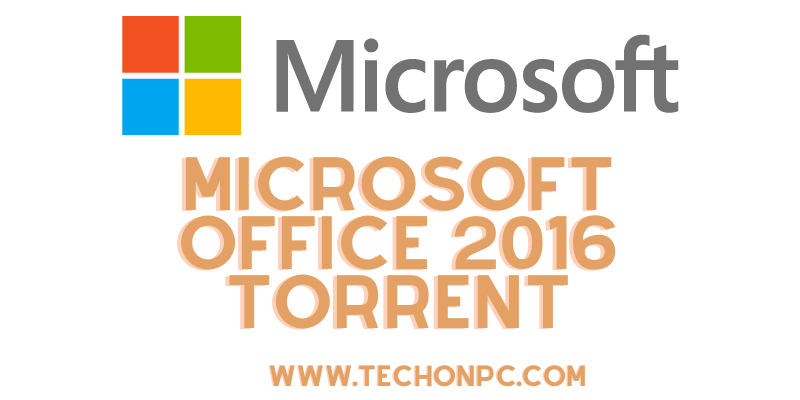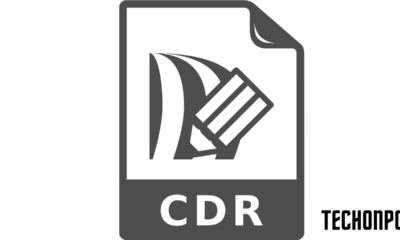Business
How to Choose a DDI Solution for Your Business
Published
3 years agoon
By
techonpc
DDI Solution for Your Business
As part of a larger enterprise network automation plan, businesses need a DDI solution.
DD stands for integrated DNS, DHCP, and IP Address management. DDI is a set of network services that allow for IP-based network communication.
As enterprises grow, they inevitably continue to add new IP addresses, which highlights the need for a DDI solution.
Previously, it was easy to assign and subsequently manage IP addresses, but now that there are so many IP-connected devices, management isn’t simple or easy.
With that in mind, the following are important things to know about a DDI solution and how to choose one for your business.
What Is a DDI Solution?
A DDI solution provides an enterprise with the tools they need to manage everything related to IP address management (IPAM), as well as managing DNS and DHCP across a network.
A DDI solution replaces outdated spreadsheets that aren’t well-suited to growing complexity. Not only are outdated methods of IPAM time-consuming, but they’re challenging to update and prone to human error.
There’s also no centralized view of how IP addresses are assigned and what’s available, and administrators don’t have a good way to create reports that are needed for compliance and audits.
A DDI solution can address all of these issues.
A DDI solution would facilitate the configuration, automation, integration, and administration of all IP addresses and services that are related.
The DNS part of a DDI solution stands for Domain Name System. DNS is often nicknamed the internet’s phone book, and it takes domain names that we use as humans and can remember fairly easily and turns them into something a browser can understand, in the form of an IP address. DNS lets devices communicate with one another and with servers.
DHCP stands for Dynamic Host Configuration Protocol. This is what assigns IP addresses in a network. When a device joins a network, usually it requires an IP address from the DHCP server.
Then, the server assigns the IP address automatically, and once the device accepts the address it’s assigned, it can then communicate to the network internally and to the internet.
Learn the Benefits of DDI
A big part of choosing the right DDI solution relies on knowing the benefits.
The benefits of DDI solutions include:
- Maintenance can be automated
- There’s more visibility of potential conflicts if data is being updated
- Improved efficiency
- Better security
- More means for reporting and auditing
What is the Format?
Beyond the above features, there are some specific things to look into when selecting the appropriate DDI solution for your needs.
First, a DDI solution comes in one of a few main formats.
These options are hardware, software, cloud, and open-source.
Hardware is the costliest, and it can become obsolete fairly quickly. Software does require renewal to stay updated but may only work with certain types of hardware.
Cloud options tend to be the most feature-rich and affordable. Open-source options are inexpensive, but there aren’t a lot of features.
Scalability
A benefit of a cloud-based solution is that it’s going to tend to be the most scalable.
If you have a DDI solution that limits the objects the system can manage, it may be a problem in the future.
If you want to take advantage of new capabilities, you also need to consider scalability as you choose a DDI solution.
Ideally, you should be able to scale up or make changes without having to change your entire architecture.
Think of a residential IP as a connection that is assigned from an ISP to a homeowner.
You might also want a solution that will provide the framework to add core services fairly easily without having to start over.
Migration
Another factor to take into consideration when comparing a DDI solution is what the migration process might look like.
You can’t afford business disruption, so you need to talk to potential vendors about migration.
They should be able to outline their practices, tools, and methods used in a successful migration.
A good DDI solutions provider will be able to guarantee that migration won’t affect your operations.
Finally, there are some features to look for.
These include a real-time view of all DDI data and a user-friendly interface.
You should look for an option that will also allow for the transition to IPv6 DNS, and there should be flexibility in the deployment of hybrid cloud resources.
With the right DDI solution, your networking team is then able to focus on more value-creating work, but they still have control and visibility into your infrastructure.
Follow Me

Unleashing the Power of the Office Accelerator: Maximizing Productivity and Efficiency in the Workplace with Office 365 Accelerator

Unlocking the Hidden Potential of Your Website: Strategies for Growth

From AI to VR: How Cutting-Edge Tech Is Reshaping Personal Injury Law in Chicago
Trending

 Microsoft4 years ago
Microsoft4 years agoMicrosoft Office 2016 Torrent With Product Keys (Free Download)

 Torrent4 years ago
Torrent4 years agoLes 15 Meilleurs Sites De Téléchargement Direct De Films 2020

 Money4 years ago
Money4 years ago25 Ways To Make Money Online

 Torrent4 years ago
Torrent4 years agoFL Studio 12 Crack Télécharger la version complète fissurée 2020

 Education3 years ago
Education3 years agoSignificado Dos Emojis Usado no WhatsApp

 Technology4 years ago
Technology4 years agoAvantages d’acheter FL Studio 12

 Technology4 years ago
Technology4 years agoDESKRIPSI DAN MANFAAT KURSUS PELATIHAN COREL DRAW

 Education3 years ago
Education3 years agoBest Steph Curry NBA 2K21 Build – How To Make Attribute, Badges and Animation On Steph Curry Build 2K21

You must be logged in to post a comment Login